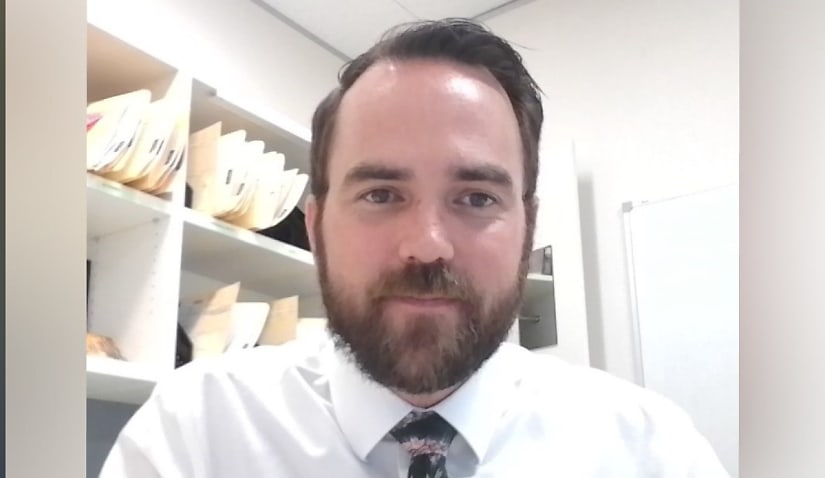Delivering bad news to clients is a challenging but crucial aspect of a lawyer’s job. Here, a Legal Aid advocate discusses how lawyers can better navigate the complexities of delivering bad news, ultimately leading to more effective and compassionate client service.

Speaking on a recent episode of The Lawyers Weekly Show, Legal Aid NSW Local Court criminal lawyer Matthew Wade emphasised the importance of lawyers improving their skills in breaking bad news, highlighting its critical role for practitioners across the board.
He stressed that, in the past, legal professionals believed that presenting information to clients in a softened or embellished manner was the most effective approach, as this method was thought to facilitate their clients to better comprehend the information.
“In the past, or perhaps people’s first position they arrived at is to try and be as light or soft or sugarcoat the information as best they can, thinking that that will be more beneficial to how the person absorbs the information,” he said.
However, Wade expressed that this approach of providing information encounters numerous complexities, as it may lead the client to focus on the more positive information rather than confronting and accepting the reality of the situation.
“But the risk there really is that when I’m speaking to a client who thinks they are at risk of not going home, they will listen for and cling on to the most positive things I say, and perhaps not give enough thought or acknowledgement to the worst-case scenarios, or perhaps not even the worst case, but one of the potential outcomes for the day,” he said.
After engaging in numerous open dialogues with lived experience advocate Jody Letts, Wade disclosed various strategies that have proven effective when delivering difficult news to his clients.
“One of the things that I find helps a lot when I’m speaking to clients, and Jody has said that would really help, is to make sure that when you deliver bad news to people, that you don’t sugarcoat it, make false promises that you give them the information and then allow them, if they need to, to have a strong reaction to it, and don’t fear that, because that is going to be the natural response,” he said.
In the fast-paced environment of the Local Court, Wade emphasised the critical importance of possessing such skills, given the limited time available to interact with your clients.
“I think particularly the type of work that I do in the Local Court, it’s because we don’t get many chances to build a rapport with the client or to finesse or finalise how we’re going to deal with their matter.
“In the Local Court, quite often, the people that we deal with are only there probably for that day if they’re looking to finalise matters, which is unlike perhaps some lawyers who might have more time in lengthy and more complex matters to have that time to speak to the client,” he said.
Wade continued to express how important it is to attain such skills by highlighting how it significantly contributes to achieving more favourable outcomes for their clients.
“For those of us working in short service or matters that move through the process quite quickly, we need to be skilled, and we need to be aware of the things to look out for, either to avoid or to address, to ensure that in that short time, we get with the client that we’re getting the best possible information from them, which then leads to the best possible outcome,” he said.
As noted by Wade, improving one’s ability to communicate unfavourable information effectively is essential for all legal professionals, regardless of the complexity of the case. He believes this effort builds trust and contributes to developing a strong relationship with clients.
“It applies equally to the lawyers who are dealing with people who have lengthier, more complex matters. By the same token, that short time that you’ve got to build that initial rapport with a client might instruct whether they stay with you and whether they feel comfortable with you.
“And if they do stay with you, whether the ongoing relationship and the ongoing interactions you have with them are going to be as beneficial and as resourceful as they can be,” he said.